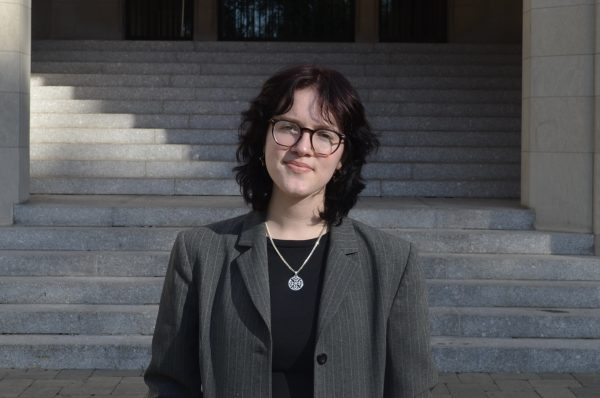While it cannot be denied, by any means, that Michelle O’Neill being named First Minister of Northern Ireland is a good thing, it is nowhere near as dramatic as some people are making it out to be. O’Neill was Deputy First Minister from January 2020 to June 2021, and the two roles are practically identical; the only change is that she greets official visitors first in her current role. Truly, it is ridiculous that it is only now that an Irish Nationalist will serve as First Minister if they are technically equal to Unionists. Still, it is emblematic of how the interactions between English and Irish politicians have worked for the past few centuries.
The English have justified their dominion over Ireland for the same reason since the country’s beginning. The island is too close to allow another country the opportunity to take it over, and if any other nation gets control of Ireland, they could easily invade England. Their method to stop this from happening is to limit Ireland’s control over itself; by dividing the country, England keeps the power.
The entire point of the Good Friday Agreement was to give the Nationalists of Northern Ireland a say in its governance. It gave the Unionists and Nationalists equal power and control over legislation. The inclusion of the term “deputy” is just to delineate the difference between the two; in terms of power, they are equal. Having an Irish Nationalist First Minister does not mean all of politics will be Nationalist, as O’Neill must still work with Deputy Emma Little-Pengelly. However, having O’Neill as First Minister means everything symbolically. When the Good Friday Agreement was decided, it is not unreasonable to assume that England saw itself as the de facto First Minister.
The reason O’Neill’s appointment has been so dramatic is not because of anything political beyond the return of a working government. It is true: the fact that Nationalists holding a larger number of seats in the assembly is not insubstantial, but they still cannot pass legislation without the agreement of Little-Pengelly. The biggest impact of O’Neill’s appointment is that it symbolizes a change in the status quo, a potentially powerful United Ireland. O’Neill is unlikely to actually change much that wouldn’t have been changed with a Unionist First Minister, but it doesn’t matter what she does. It matters that it’s her who does it.
Since the Good Friday Agreement, Unionist power has decreased in Northern Ireland, and Unionists feel they’ve gotten the short end of the stick. Their feeling of being cheated does stem from inequality, but when you used to have all the power, sharing it feels like nothing. It’s no surprise the government is jumping in and out of gridlock. No matter how confident a leader they have, there is no denying the dysfunction of the Northern Irish government. If one party refuses to govern, the entire system can fall. Veto power can be easily exploited, and it leaves the region reeling. When the Unionist Party opted to use its veto power, the government stopped working in 2022. This same power could be used to halt O’Neill’s political aspirations in office.
Unionist displeasure with O’Neill’s new role is why it’s so important that she has it. Her being First Minister isn’t going to unite Ireland in two months, and it isn’t going to fix Northern Ireland’s dysfunctional government. That said, it is a rallying cry that has been long awaited. For those waiting for a United Ireland, a Nationalist leader means everything.
However, it’s never as easy as it seems. While O’Neill may want to fight for the unification of Ireland, not all of the Nationalists in Northern Ireland does. In fact, as time goes on, people in Northern Ireland have become increasingly unsure of what end goal they want. It is no longer the days of stark opposition, and the younger generations are still working for peace. In Northern Ireland, a large portion of both Unionists and Nationalists are unsure if they would vote for a United Ireland if given the option. This starkly contrasts with O’Neill’s belief that a unification vote is possible in the next 10 years.
Ireland is divided in more ways than one, and like the division of many countries, the root cause can be linked back to England. Ireland has been forced to fight itself for years, and it barely survived.
While the appointment of O’Neill doesn’t mean a perfect solution, it does show a new era for the country. Her role is more than just a new title. It shows a change in the relationship between the leaders of Northern Ireland and the Republic of Ireland, as they both agree that a United Ireland is needed. To have the leaders of 26 and six willing to make one means everything to the future of a United Ireland.
Nora Malone, FCRH’27, is a Medieval Studies major from Alexandria, V.A.











































































































































































































